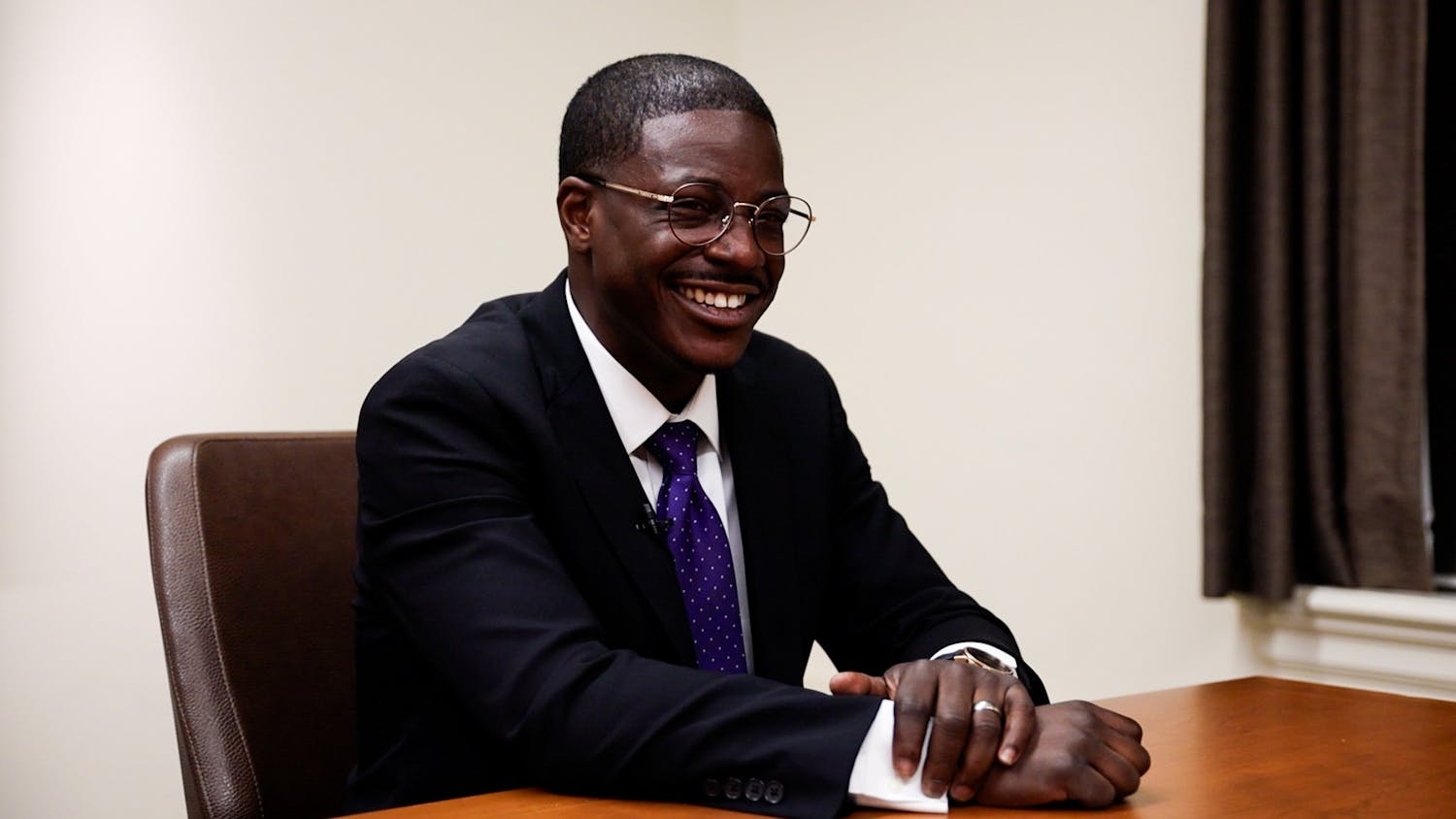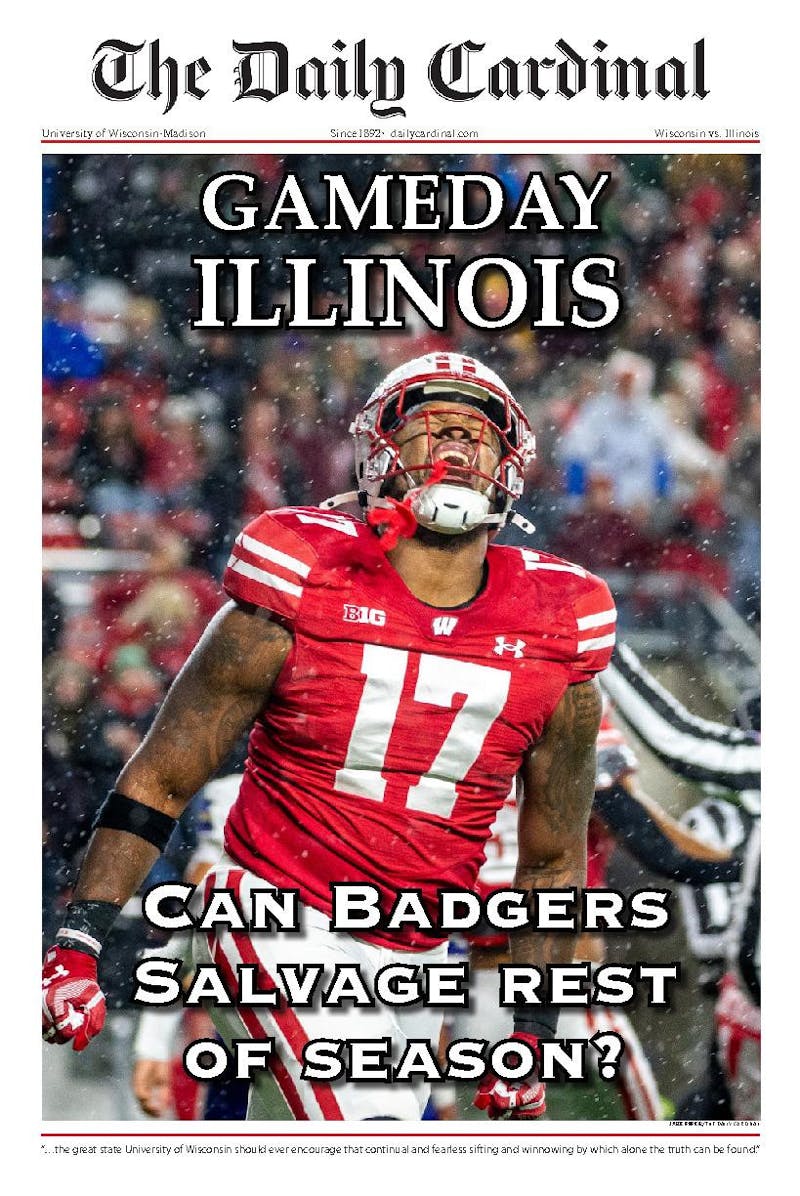Pulitzer Prize-winning New York Times reporter Walt Bogdanich recounted his investigative journalism experiences with UW-Madison students at Chadbourne Residential College Wednesday.
Bogdanich, who was hit with the largest libel suit in history—$10 billion by international tobacco industry-giant Philip Morris—attended UW-Madison from 1968-'72.
""It's typical of the kinds of stories I tend to do,"" Bogdanich said, referring to the Philip Morris story, in which he revealed the tobacco chemical process orchestrated by the company and tobacco's addictive properties.
The story enhanced smoking awareness worldwide and spurred the tobacco industry to institute higher health standards.
He described similar investigative stories throughout his career, such as his first story for The Wall Street Journal, investigating a finance company that loaned borrowers money but simultaneously sold them ""insurance."" The borrowers ultimately had to pay back approximately twice of what they originally borrowed.
""All of a sudden my editors became very interested in this story,"" Bogdanich said. ""And I couldn't quite figure out why.""
The finance company was owned by ITT Corporation, and, as Bogdanich discovered, the owner of ITT sat on the board of Dow Jones, a powerhouse publishing and financial information firm. The Wall Street Journal is Dow Jones' flagship publication.
Bogdanich joked about his knack for stirring up trouble and said he prefers stories that ""look at the system and how the system is not working.""
At age 40 he experienced a ""mid-life crisis,"" and decided to leave The Wall Street Journal and pursue television production. He worked for CBS' 60 Minutes until 2001, where he unearthed a story of poisonous cough syrup given to hundreds of babies in Haiti. That story turned into one examining the failure of the World Health Organization to help developing countries formulate drug regulation systems.
From there, Bogdanich met with the then second-ranked WHO official, who had fabricated his credentials and was not actually a doctor—another investigative scoop.
Bogdanich, who won the 2005 Pulitzer for his 2004 series about railroad companies—specifically Union Pacific—taking advantage of customers and victims of railroad accidents, said at the end of the day he is delighted his profession allows him to help others.
Furthermore, he explained his tricks to writing meaningful journalism are to work independently, research extensively and pursue stories instinctively.
""I almost never do story ideas that my editors give me,"" Bogdanich said. ""If I'm going to fail, I'm going to fail on my ideas, not theirs.""





